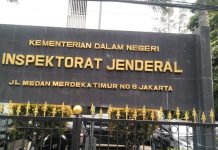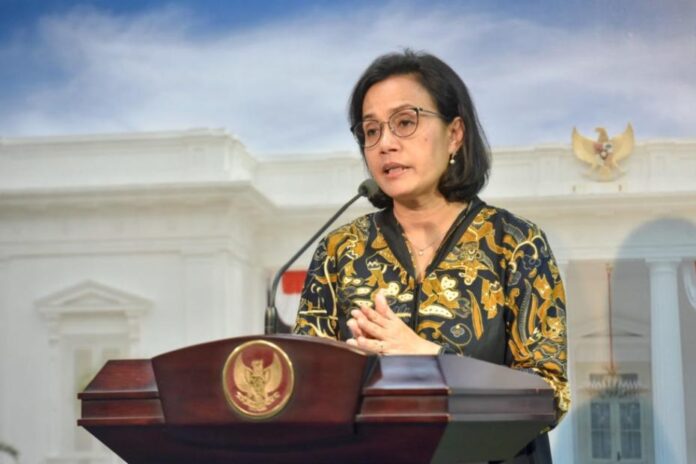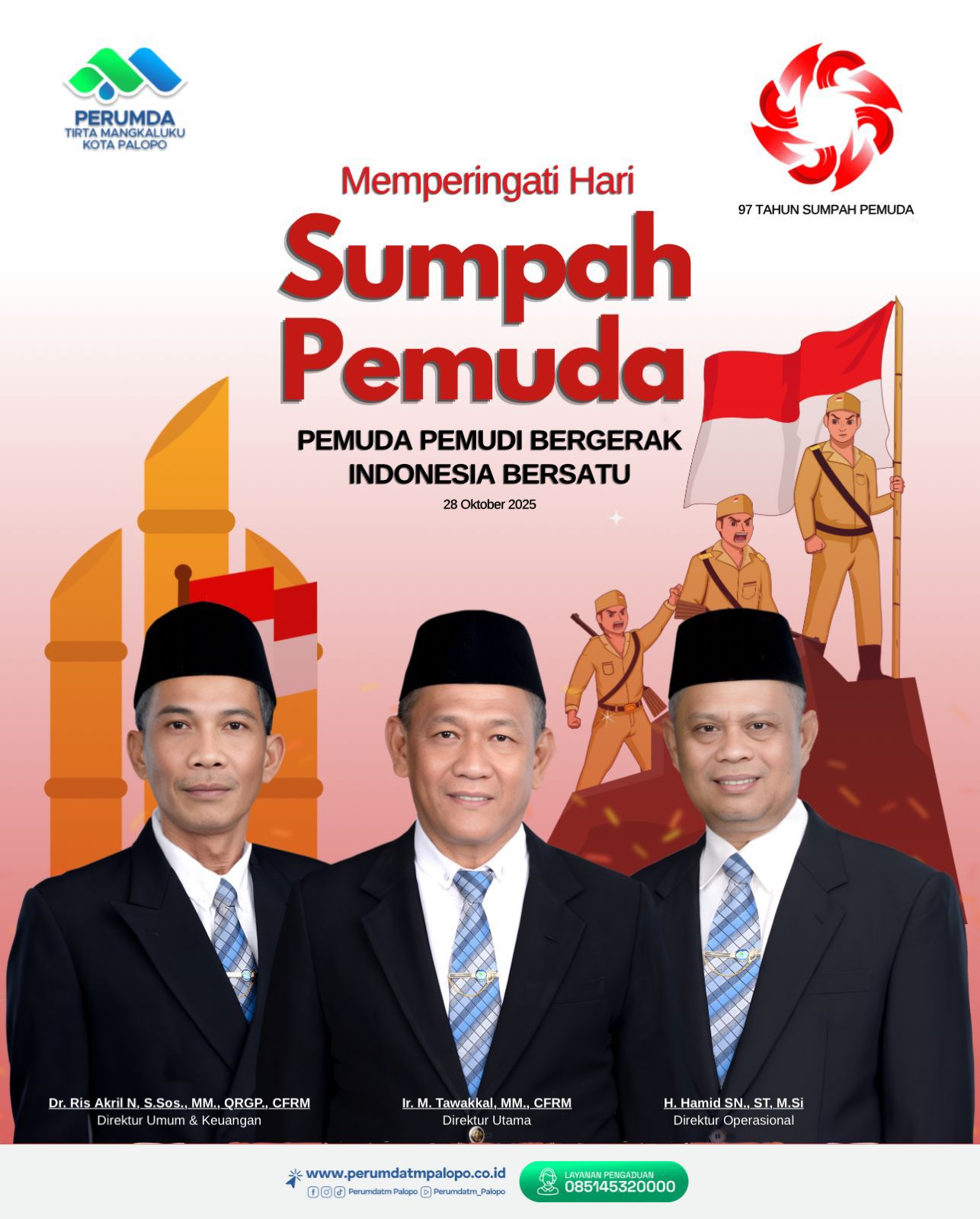JAKARTA||Legion-news.com Indonesia’s financial system during the gradually recovering global economy in the fourth quarter of 2020 is stable, according to the Financial System Stability Committee (KSSK). Minister of Finance Sri Mulyani Indrawati said that the KSSK has decided to launch an integrated policy package to improve financial system of business sector.
“The KSSK is striving to enhance coordination and synergy of policies and financial instrument in order to maintain financial system stability and to speed up economic recovery,” she said at a virtual press conference on Monday (1/2).
The Committee will also discuss with business players to identify various challenges and issues that the sector have been faced. The results will be used as inputs in drawing up an integrated policy package.
The Minister added that the Committee will carry on coordination to maintain financial stability system, as well as monitor and evaluate the implementation of integrated policy package to accelerate national economic recovery.
“It will improve our financial sector, regulation, fiscal, and support the establishment of Sovereign Wealth Fund which will attract capital in various forms, besides loan,” she stated.
Indonesia’s economy in 2021 is projected to improve as the country began rolling out vaccine to the people and intensified stimulus and policies. The economic recovery must also be coupled with macro economy stability and financial system stability. “The KSSK will monitor the dynamics of domestic and global economy and financial market. The Committee will hold the next periodic meeting in April 2021 as mandated by the Laws,” the Minister concluded
Indonesia’s Largest Islamic Bank Starts Its Operations
President Jokowi inaugurates PT Bank Syariah Indonesia Tbk., Monday (1/2), at the State Palace, Jakarta. (Photo by: Public Relations/Ibrahim)
President Joko “Jokowi” Widodo inaugurated PT Bank Syariah Indonesia Tbk., Monday (1/2), at the State Palace, Jakarta. This is a historic moment for the development of sharia economy in Indonesia as a country with the largest Muslim population worldwide.
“This status has become one of Indonesia’s global identities and is one of our pride. So, it is only natural for Indonesia to become one of leading countries in terms of sharia economic development,” the President said. Based on data from the State of Global Islamic Economy Indicator Report, Indonesia’s sharia economic sector has experienced significant growth. The President stated that in 2018 Indonesia’s sharia economy was ranked tenth in the world. In 2019, it increased to the fifth place and in 2020 it once again increased to the fourth in the world.
“We should be grateful for the increase in rank. However, we must continuously work hard to make Indonesia the center of gravity for regional and global sharia economy,” he stated. President Jokowi also stated that amid the crisis due to the COVID-19 pandemic, Indonesia’s sharia banking performance continues to record stable growth. “Sharia banking has managed to grow higher than conventional banking. Once again, this is something to be grateful for, thank God,” he said.
In Indonesia, the asset of sharia banking rose 10.97 percent on an annual basis, while conventional banks only increased 7.7 percent. In terms of third party funds, sharia banking grew by 11.56 percent annually, slightly above conventional banks which amounted to 11.49 percent. Meanwhile, from the financing side, it grew by 9.42 percent on an annual basis, much higher than conventional banks which only grew 0.55 percent.
The President express belief that the sharia economy in Indonesia will grow rapidly considering the aforementioned indicators. “With such data, I believe, God willing, that Indonesia’s sharia economy will grow rapidly, will contribute greatly to the welfare of our people and society. It is a part of the evidence that Islam is a religion that is rahmatan lil ‘alamin, a mercy to all creation,” he said.
On the occasion, President Director of PT Bank Syariah Indonesia Tbk. Hery Gunardi, in his report, said that the integration and increase in the value of state-owned sharia banks began in early March 2020. “In about 11 months, all processes and sequences such as signing the merger deed, submitting information disclosure, and obtaining permits from the FSA (Financial Services Authority) have gone well and in accordance with the provisions,” Hery said.
Hery also stated that as a merged bank, as of December 2020, Bank Syariah Indonesia had total assets of Rp240 trillion, total financing of Rp157 trillion, total third party funds of Rp210 trillion, and total core capital of Rp22.6 trillion. Bank Syariah Indonesia also has more than 1,200 branch offices and 20 thousand employees spread across Indonesia. (**)



























